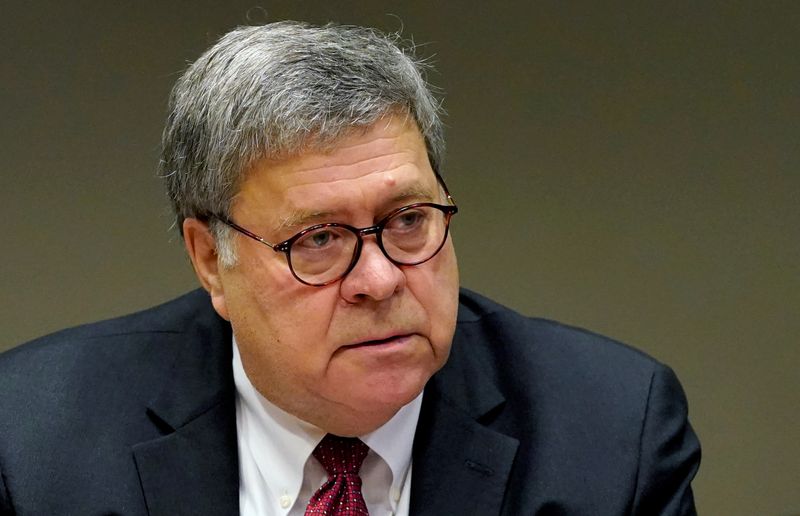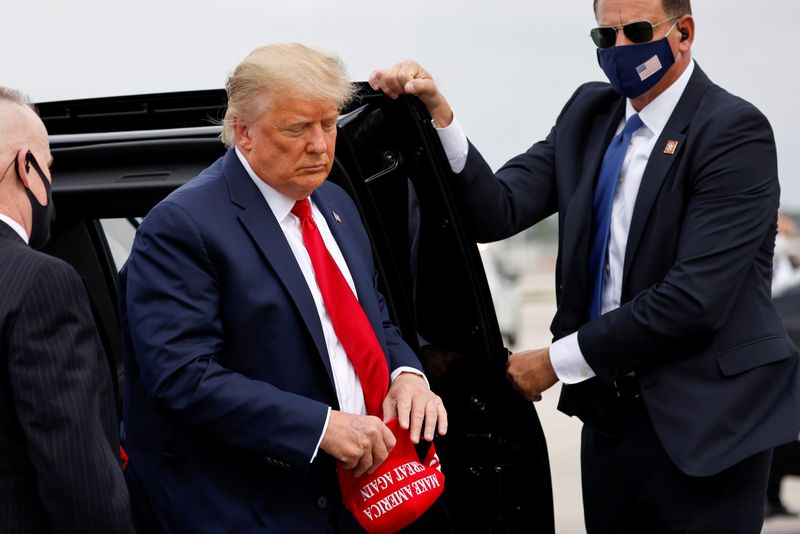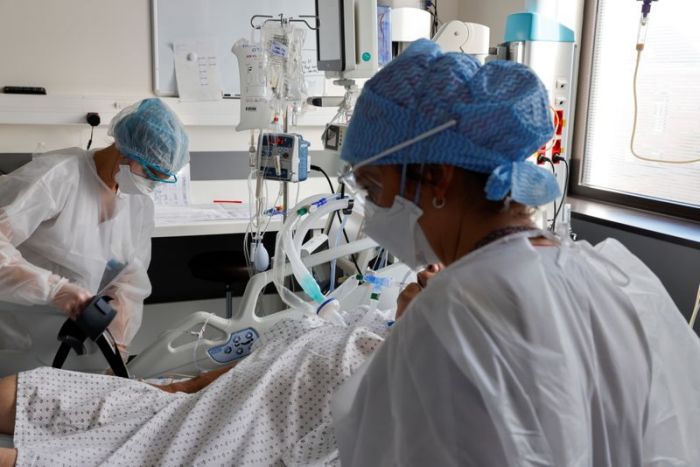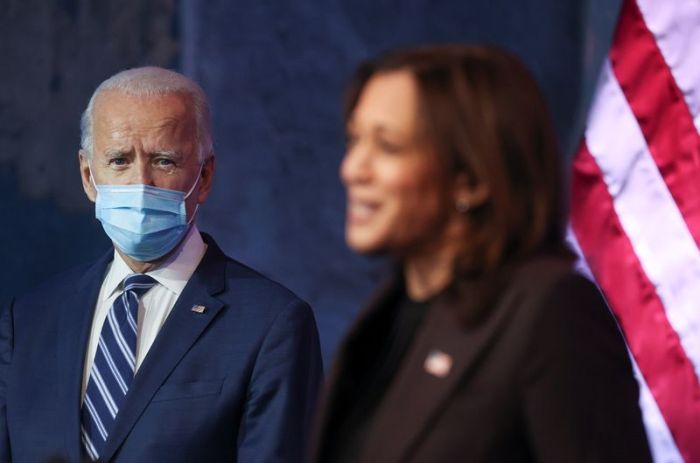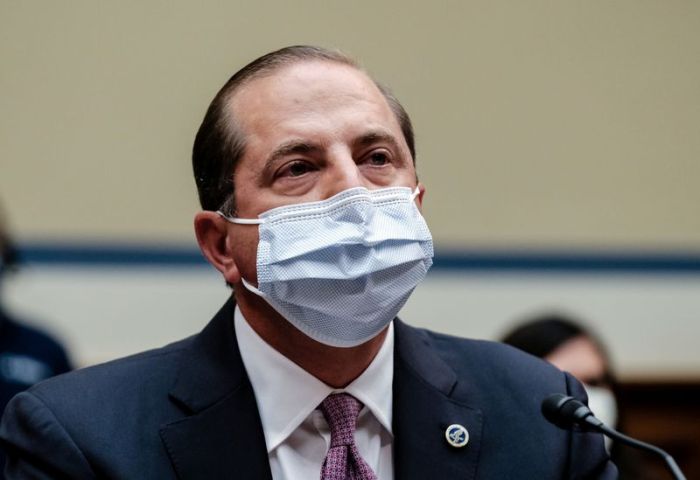WASHINGTON (Reuters) – U.S. Attorney General William Barr told federal prosecutors on Monday to look into “substantial” allegations of irregularities in last week’s election, prompting the top lawyer overseeing voter fraud investigations to resign in protest.
Barr sent his letter after days of attacks on the integrity of the election by President Donald Trump and Republican allies, who have alleged without evidence that there was widespread voter fraud.
Trump has not conceded the election to Democrat Joe Biden who on Saturday secured more than the 270 votes in the Electoral College needed to win the presidency.
Barr told prosecutors that “fanciful or far-fetched claims” should not be a basis for investigation and that his letter did not indicate the Justice Department had uncovered voting irregularities affecting the outcome of the election.
But he did say he was authorizing prosecutors to “pursue substantial allegations” of irregularities of voting and the counting of ballots.
Richard Pilger, who for years has served as director of the Election Crimes Branch, announced in an internal email that he was resigning from that post after he read “the new policy and its ramifications.”
Biden’s campaign said Barr was fueling Trump’s far-fetched allegations of fraud.
“Those are the very kind of claims that the president and his lawyers are making unsuccessfully every day, as their lawsuits are laughed out of one court after another,” said Bob Bauer, a senior adviser to Biden.
Earlier on Monday, Trump’s campaign filed a lawsuit to block Pennsylvania officials from certifying Biden’s victory in the battleground state.
It alleged the state’s mail-in voting system violated the U.S. Constitution by creating “an illegal two-tiered voting system” where voting in person was subject to more oversight than voting by mail.
It was filed against Pennsylvania Secretary of State Kathy Boockvar and the boards of elections in Democratic-leaning counties that include Philadelphia and Pittsburgh. Boockvar’s office did not immediately respond to a request for comment.
The Trump campaign has filed several lawsuits since claiming the election results were flawed. Judges have tossed out lawsuits in Michigan and Georgia, and experts say Trump’s legal efforts have little chance of changing the election result.
‘REHASH’
Jessica Levinson, a professor at Loyola Law School in Los Angeles, said the latest lawsuit in Pennsylvania was unlikely to succeed and “reads like a rehash of many of the arguments the Trump legal team has made in and outside the courtroom.”
Also on Monday, some Republican state legislators in Pennsylvania said they would “call for a legislative-led audit of the 2020 election and demand election results not be certified, nor electors be seated, until the audit is complete.”
Pennsylvania House Speaker Bryan Cutler, a Republican, has said the state’s governor certifies the election results and the legislature plays no formal role.
“The popular vote determines the electors, and it’s the governor who certifies the vote, so lawmakers have no role to play,” said Jason Gottesman, a spokesman for Cutler.
In the United States, a candidate becomes president by securing the most electoral votes rather than winning a majority of the national popular vote. Electors generally cast their votes for the winner of the popular vote in their respective states. They are slated to meet on Dec. 14.
A senior Trump campaign official said the campaign had collected “hundreds” of affidavits from Pennsylvania voters alleging election violations.
The campaign is gathering evidence to help make the case that the state’s election was fatally flawed, the official said.
Barr’s letter came several hours after he met Republican Senate Majority Leader Mitch McConnell, who said earlier on Monday that Trump was well within his rights to look into claims of “irregularities” in the election.
A Justice Department official declined to comment on what Barr and McConnell discussed, but told reporters that no one at the White House or on Capitol Hill asked him to write the letter.
(Reporting by Sarah N. Lynch and Jan Wolfe in Washington and Karen Freifeld in New York; Additional reporting by Jarrett Renshaw; Writing by John Whitesides; Editing by Noeleen Walder, Cynthia Osterman and Peter Cooney)

